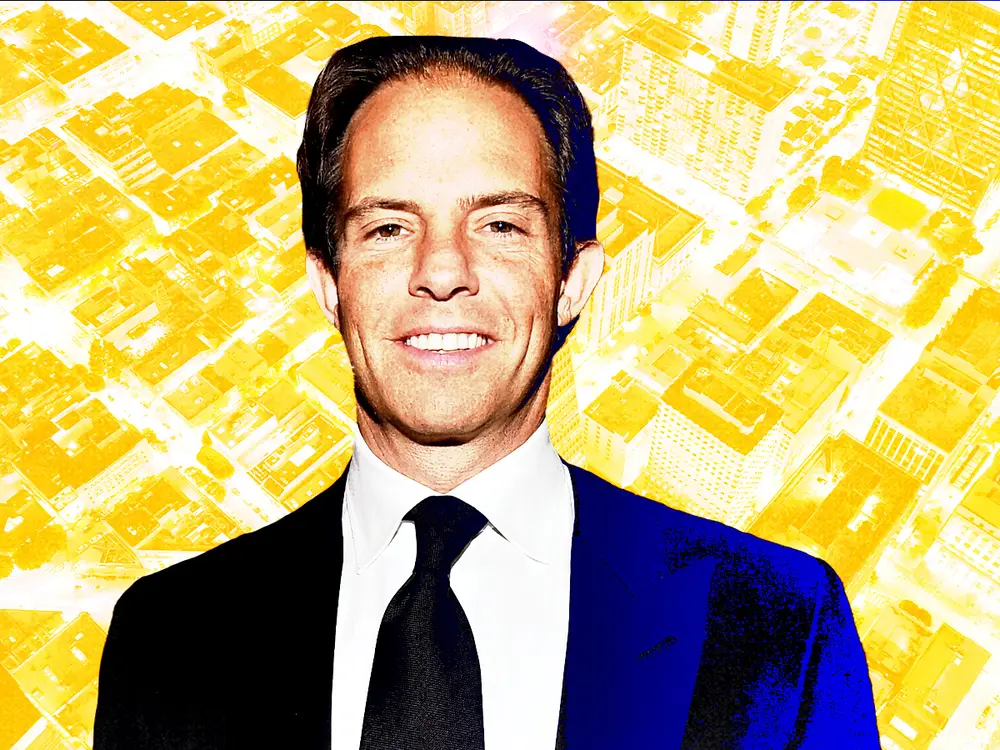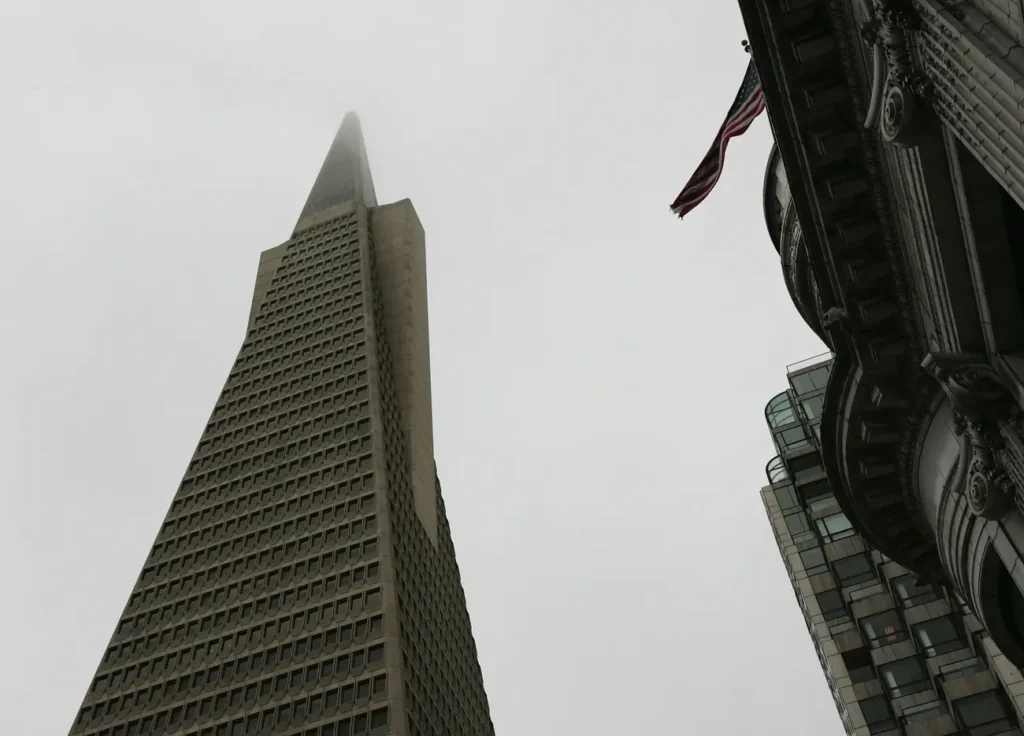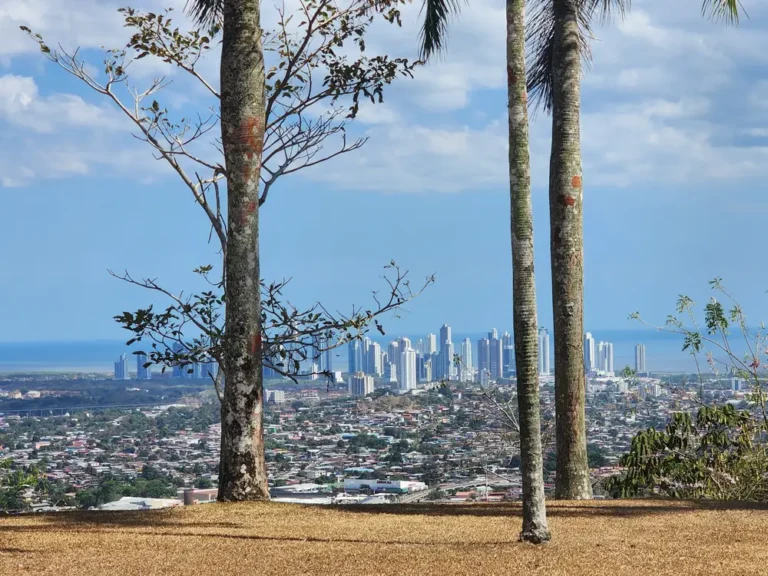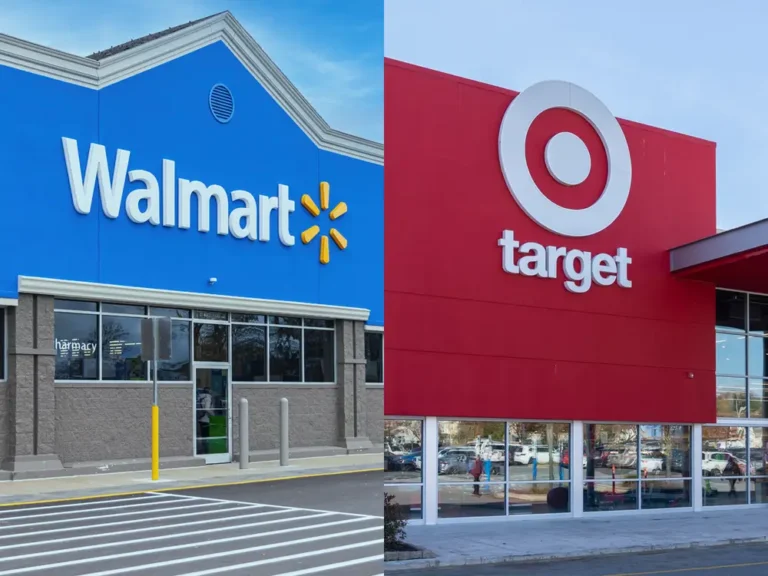Luxury developer Michael Shvo has big plans. Bitter disputes and a soft real estate market threaten to thwart them.

Michael Shvo rose to fame in New York City’s real estate business first as a high-powered broker of top-end apartments, then as a developer in his own right with a knack for the kind of showmanship that brought buzz to his projects.
Teaming up in 2018 with one of Europe’s largest pension systems put Shvo’s deal-making into a much higher gear.
Together with Bayerische Versorgungskammer, a German pension fund known as BVK that manages $124 billion euros, and the investment firm Deutsche Finance, Shvo snapped up roughly $3 billion of US property over the span of just a few years.
The group’s purchases included a handful of trophy office buildings across the country, like San Francisco’s Transamerica Pyramid tower and 711 Fifth Avenue in Manhattan’s Plaza District.
Shvo and his German backers built Mandarin Oriental branded luxury condos in New York and Los Angeles. In Miami Beach, they bought the Raleigh hotel in 2019 for more than $100 million, then two adjacent hotels for another $150 million. Shvo has unveiled plans to renovate the glitzy properties and erect South Florida’s priciest-ever apartments on the site.
Amid the whirlwind of activity, the 51-year old, Israel-born executive has presented himself as a real estate visionary with a personal preference for all-black attire and a taste for luxury brands. He has posted pictures and videos of himself brainstorming with elite architects Peter Marino, Norman Foster, and Renzo Piano, hosting lavish dinners, embarking on private jet travel, and hobnobbing with celebrities.
Cracks, however, are beginning to show on this gilded image.
At 685 Fifth Avenue, a 65-unit luxury condo finished by Shvo and his partners in 2023 and managed by the five-star hotel Mandarin Oriental, only 14 of 65 apartments – less than 25% of inventory – have been purchased by buyers, according to property records, despite three years of sales efforts. Two more are in contract, according to the listing website StreetEasy.
Sales have been significantly slower than some competing projects that were also recently launched, such as a new condo tower that was completed nearby at 111 West 56th Street by GFI Capital that is almost half sold, according to StreetEasy.
BVK recently hired the residential brokerage firm Corcoran Group to complete a market study of the Fifth Avenue project, a person who viewed the report said. Corcoran found that Shvo had priced the units well above Corcoran’s estimate of their value on average, this person said.
The commissioning of the report, industry experts say, is an indication that Shvo’s German backers are beginning to inquire about the performance of their investments – and seeking an independent perspective.
“What it means is that the partner is very uncomfortable given the pace” of sales, said Jonathan Miller, the president and CEO of Miller Samuel, an New York-based residential real estate appraisal and consulting firm.
Miller said it also suggested that Shvo’s German partners were “very concerned with what information they’re getting from the developer.”
Miller noted he did not have direct knowledge of the situation at 685 Fifth Avenue.
Pam Liebman, Corcoran’s CEO confirmed that her firm had been tapped for the study and said that it was “not unusual for us to be called and asked to do a report on a development by a partner” like BVK.
She said that the report was still being finalized, but had determined that the units at 685 Fifth Avenue were likely worth “much less than what’s being asked.”
Gathering headwinds for Shvo
Real estate development is a perilous business that pits builders against a host of hard-to-predict factors, including shifting economic conditions and fickle customer tastes. Shvo has sought to defy market cycles by focusing on luxury projects that appeal to the deep pockets of the upper crust. The far-reaching after-effects of the pandemic and higher interest rates will now put that strategy to the test.
Other Shvo properties appear to be struggling with sluggish sales and slack demand.
Another Mandarin Oriental condo project on Wilshire Boulevard in Los Angeles that Shvo and his German partners finished building more than a year ago has sold “slower than expected due to market conditions in LA,” according to a spokesman for Shvo. The spokesman said that Shvo was seeking to replace the project’s “construction loan with an inventory loan,” a costly type of debt that it will use to refinance the property as it searches for apartment buyers.
At 711 Fifth Avenue in Manhattan, the building’s largest office tenant, Truist, left its space last year, opening a vacancy at the property. Shvo’s spokesman said that most of that space has since been leased for higher rents.
Anomaly, a creative agency that occupies almost half of 530 Broadway, a SoHo office building acquired by Shvo in 2020, is also planning to leave.
At 333 South Wabash in Chicago, a 1.2-million-square-foot office tower that Shvo and his partners purchased in the summer of 2020 for $376 million, the lease for Akuna Capital, a financial tenant that occupies about 55,000 square feet, is set to expire by 2029.
“They’re starting to show signs of leaving,” according to Michael Lirtzman, the head of office agency leasing at Colliers in Chicago, who said that Akuna has been perusing the Chicago market for competing spaces to relocate into. Lirtzman noted that the majority of 333 South Wabash – roughly 80% of its space – is occupied.
The Raleigh in Miami, Shvo’s highest profile project, has, meanwhile, become shrouded in uncertainty.
Shvo has imagined renovating the existing historic hotel buildings on the site and raising a lavish apartment tower designed by architect Peter Marino. The project will feature ocean views and design details that evoke the pinnacle of European luxury, including floor to ceiling doors, four onsite pools, and the only US outpost of the renowned Paris-based restaurant Langosteria.
But there have been very few signs of major construction work on the site in the years since Shvo and his partners acquired it and the group has yet to secure a construction loan – a sign that pre-sales of the units at the project may be flagging.
“If I’m a discerning buyer and I’m spending an astronomical amount of money, then right now in Miami, I’ve got some choices,” said Scott Wadler, a managing director at Berkadia who arranges construction financing for commercial real estate developments, including condos.
In Miami, developers generally seek to pre-sell 40% or more of a project’s units by dollar volume and use the cash to attract construction debt.
Wadler said that when such projects do search for financing, lenders generally consult with experts to evaluate the opportunity.
“The likelihood that I hear about a deal before it’s closed is extremely likely in this town,” Wadler said, noting that he has heard nothing about the Raleigh.
Shvo’s spokesman disputed that the Raleigh has suffered from anemic interest claiming that, since December, “we have signed $250 million in sales at the highest sales prices achieved for new developments in South Florida.”
Tensions with partners and clients
Some who have dealt with Shvo say he has shown an ornery side that has further thwarted success by alienating customers and business partners.

The Transamerica building in San Francisco
His relationship with the Core Club, for instance, a members-only dining, events, and wellness space that opened at 711 Fifth Avenue last year, frayed after Shvo was significantly delayed in preparing its space for occupancy at the property, according to a person briefed on the matter. The club is reconsidering plans for a large forthcoming location at his Transamerica building, according to the person.
Shvo’s spokesman disputed that characterization of the deal, stating: “We have a signed lease with Core” at the Transamerica Pyramid building.
The presence of the club was part of the upscale image that Shvo has sought for the tower, where he has undertaken $250 million of renovations to attract office tenants willing to pay record-breaking rents even as San Francisco’s office market has sharply dipped around it.
Others have had issues with Shvo, including a buyer of one of his luxury apartments.
John Goodman, who purchased a one-bedroom apartment with his wife, Diane, on the 18th floor of 685 Fifth Avenue last year for about $6.1 million – making it one of the most expensive one bedrooms ever sold in the city – said that Shvo hurled insults at him on a phone call earlier this year. Goodman said Shvo had called him after he raised issues with what he said were botched design details in his unit that Shvo was contractually obligated to fix.
Goodman later sued Shvo in New York state court in March for damages related to the dispute. Shvo’s attorney in the case has sought to dismiss most of the claims made in the case.
“I’m a guy who paid full margin to him on this unit, one of the first buyers, and frankly, I was in the beginning an ambassador – I thought it was great,” Goodman told us. “For no reason, I felt targeted in a very toxic and vulgar way.”
The lawsuit drew chatter in the residential real estate industry about why Shvo would let a seemingly ordinary disagreement boil over into a public spat that could impact the project’s image.
Shvo’s spokesman said the Shvo disputed Goodman’s recollection of the call.
Another recent case also focused attention on Shvo’s behavior.
In a suit filed in New York State court late last year, Noë & Associates, a branding firm that worked with Shvo on several of his projects, sued over $200,000 in unpaid fees.
The complaint stated that Shvo “publicly and profanely berated” Noë’s staff “including a visibly pregnant woman” and “stormed out of meetings, and resorted to expletive-filled name-calling.”
In a legal response, Shvo’s attorneys denied the allegations.
A meteoric rise and a setback
Shvo rose to prominence in the early 2000s as a top seller of multi-million-dollar apartments in Manhattan. By the middle of the decade, he launched his own self-named brokerage firm and drew admiration in real estate circles for his ability not only to sell, but help builders envision the apartment layouts, design details, amenities, branding, and customer demographics that would underpin success.
Shvo put those skills to work after the financial crisis, purchasing a gas station with a partner on West 24th Street and 10th Avenue on Manhattan’s far West Side. Shvo placed turf and sheep statues at the derelict station, a pastoral installation that attracted widespread attention – and highlighted his plans to turn the site into a high-priced condo building.
Shvo’s meteoric career was dealt a setback, however, in 2016, when Manhattan’s District Attorney accused him of evading nearly $1.5 million of taxes related to his purchases of art, furniture, and a Ferrari. Shvo pled guilty in the case in 2018 and agreed to pay $3.5 million in restitution, according to reports at the time.
Serdar Bilgili, a Turkish real estate developer who became a close friend of Shvo’s, introduced Shvo to BVK and persuaded its executives to look beyond his felony conviction, according to a lawsuit later filed by Bilgili against Shvo and also a person with knowledge of their relationship.
Bilgili later accused Shvo and Deutsche Finance in a 2020 civil suit in San Francisco superior court of excluding him from deals to buy the Transamerica building and 333 South Wabash. In a separate New York case involving other properties that Bilgili owns a stake in with Shvo and the German investors, including the Mandarin Oriental condo projects, the Raleigh and 711 Fifth Avenue, Bilgili accused Shvo of billing the partnership hundreds of thousands of dollars in inappropriate expenses, including for private jet travel.
Attorneys for Shvo sought to dismiss the cases, and both were eventually settled.
The state of Shvo’s current relationship with his German backers is unclear.
Asked about its partnership and future plans with Shvo, a spokeswoman for BVK, which is based in Munich, said that the fund “has no legal or contractual relationship with Shvo.”
Deutsche Finance, which acts as an investment manager for BVK, “works to our knowledge together with Shvo on a project-related basis,” the spokeswoman said.
“We cannot provide detailed information on current investments,” she said.
Deutsche Finance didn’t respond to several requests for comment.
Shvo may be changing tack
Faced with headwinds, there are signs that Shvo is changing his approach.
At 685 Fifth Avenue, he recently marked down prices for some of the units.
At the Raleigh, Shvo had previously required interested buyers to submit a dossier of personal information so they could be evaluated by Shvo before they were invited to peruse the units.
Some brokers said the velvet rope approach backfired.
“They put a lot of hoops in front of you,” said Alex Miranda, a Miami-based agent at Compass. “I’m not going to beg for access.”
In contrast, the Shore Club, which is being built by the New York real estate developer Steve Witkoff just a few hundred yards away from the Raleigh has pre-sold briskly. Last summer, it received a $430 million construction loan from JP Morgan Chase and work has begun at the site.
Shvo has taken note and, in recent months, dropped the Raleigh’s rigorous vetting process, according to a person with knowledge of the marketing efforts at the project.






